Loropetalum /Chinese Fringe (single plant)
Original price was: ₹250.₹89Current price is: ₹89.
Out of stock
Email when stock available
Description
This product can ship to all over India.
Loropetalum, commonly known as Chinese Fringe or Fringe Flower, is a genus of flowering shrubs that belong to the witch hazel family (Hamamelidaceae). These shrubs are known for their colorful and distinctive flowers, as well as their attractive foliage. Loropetalum species are native to China, Japan, and Southeast Asia. They have gained popularity as ornamental plants in gardens and landscapes due to their unique appearance and relatively low maintenance requirements.
Here are some key characteristics and care guidelines for Loropetalum:
1. Foliage: Loropetalum shrubs are prized for their foliage, which can range in color from deep burgundy to green, depending on the variety. Some cultivars even have variegated leaves. The leaves are often oval or lance-shaped and have a glossy texture.
2. Flowers: The most striking feature of Loropetalum is its fringe-like, spidery flowers that appear in late winter to early spring, depending on the species and climate. The flowers can be white, pink, or red, and they hang in clusters, creating a unique and eye-catching display.
3. Growth Habit: Loropetalum shrubs generally have a compact to moderate growth habit, making them suitable for hedges, borders, or as standalone specimens in gardens. They can range in height from 3 to 10 feet (1 to 3 meters), depending on the species and cultivar.
4. Light: Loropetalum prefers full to partial sun. While they can tolerate some shade, they tend to have the best color display and flower production when grown in a sunny location.
5. Soil: Well-draining soil is essential for Loropetalum. They prefer slightly acidic to neutral soil. Amending the soil with organic matter can help improve drainage and provide essential nutrients.
6. Watering: When newly planted, Loropetalum should be watered regularly to help establish their root system. Once established, they are relatively drought-tolerant but still benefit from occasional deep watering during dry spells.
7. Pruning: Pruning is not strictly necessary for Loropetalum, but light shaping and removal of dead or diseased branches can help maintain their appearance. If you want to encourage bushier growth or control the size, you can prune after the blooming period.
8. Mulching: Applying a layer of mulch around the base of the shrub helps retain soil moisture, regulate temperature, and suppress weed growth.
9. Cold Hardiness: Loropetalum shrubs are generally hardy in USDA zones 7 to 10, though this can vary depending on the species and cultivar. They might need protection from harsh winter conditions in colder zones.
10. Pests and Diseases: Loropetalum is relatively resistant to pests and diseases. However, like any plant, they can be susceptible to issues such as aphids, scale insects, and fungal infections. Regular monitoring and proper care can help prevent these problems.
Loropetalum varieties and cultivars offer a range of colors, sizes, and growth habits, making them versatile choices for various landscaping needs.
Only logged in customers who have purchased this product may leave a review.

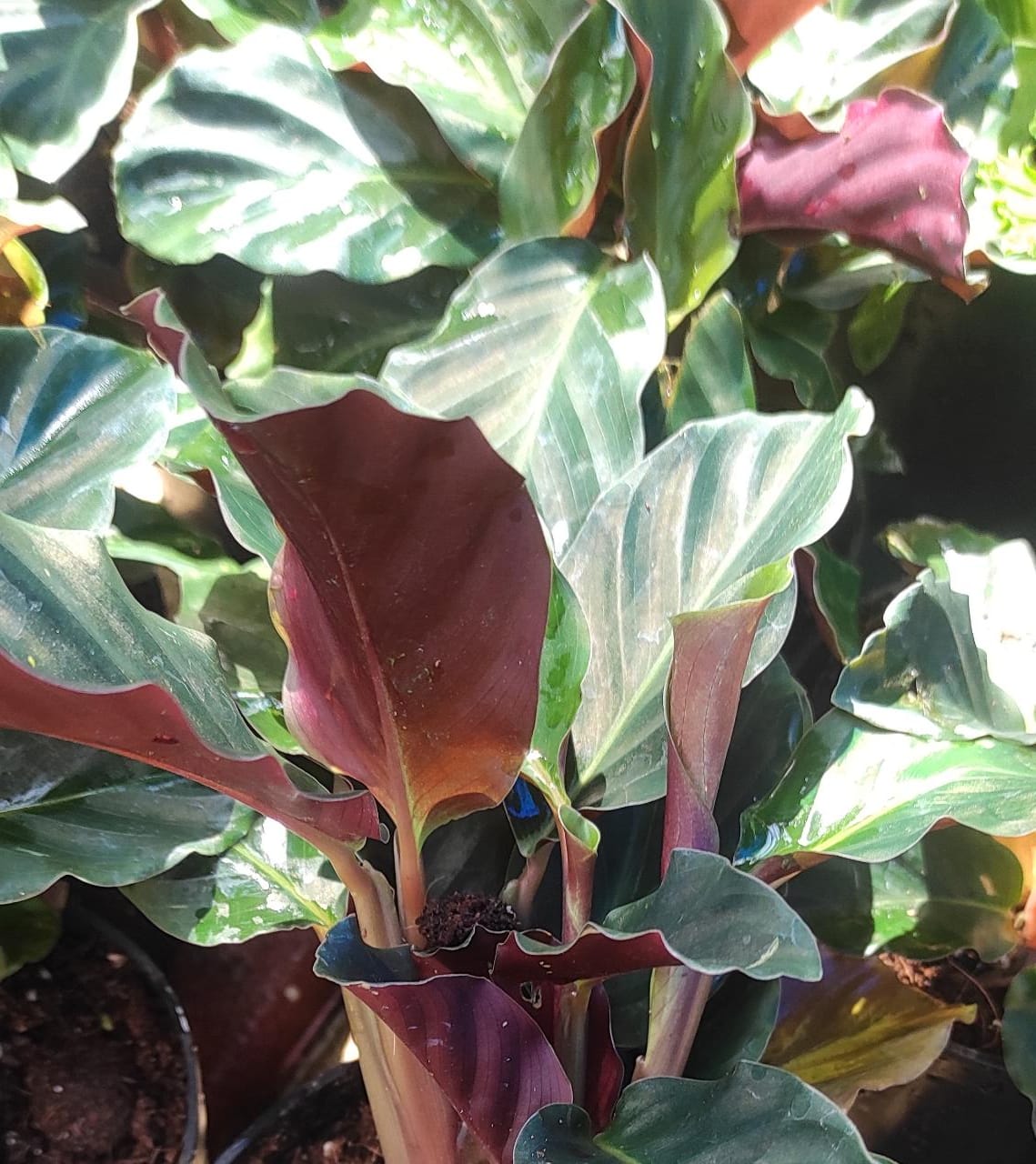
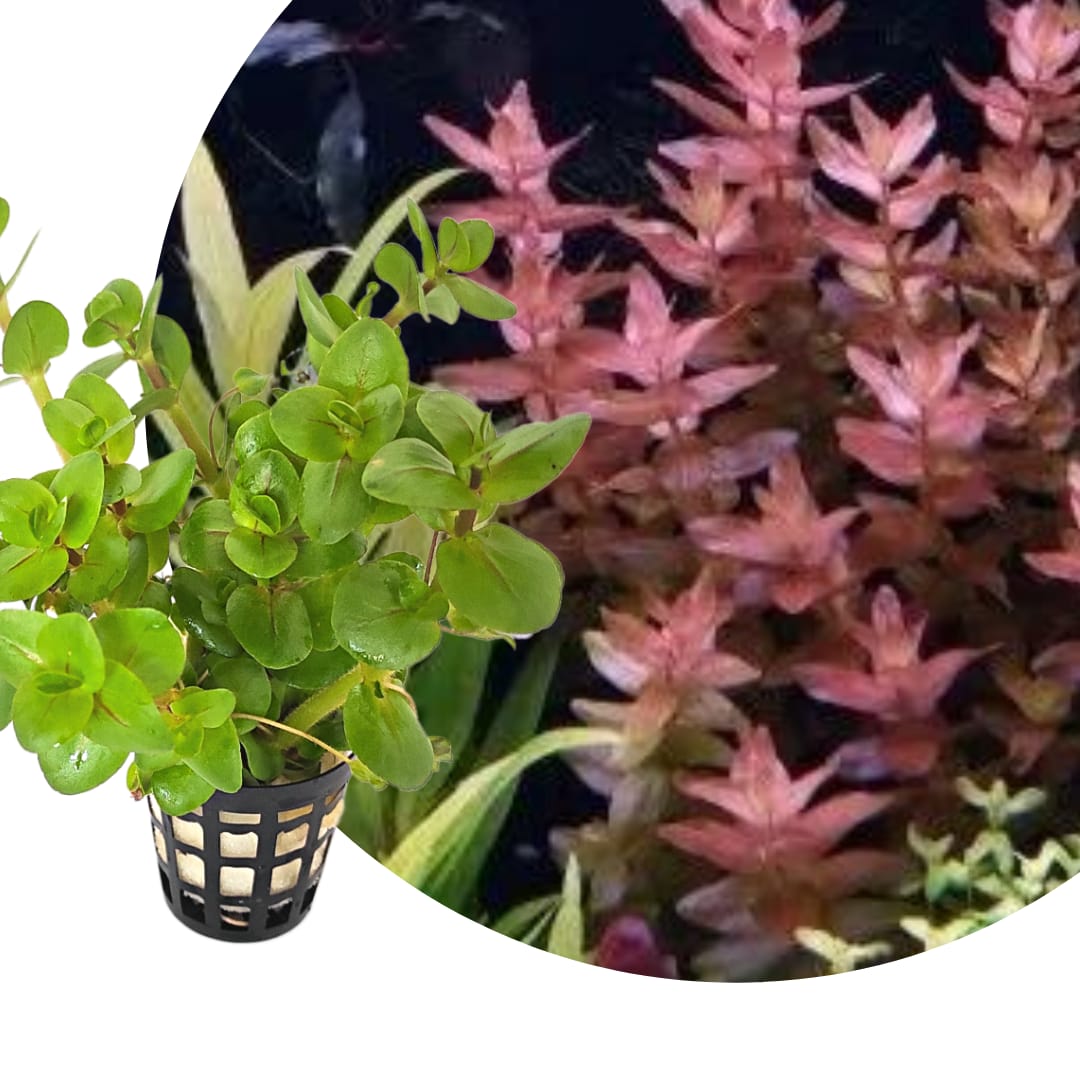
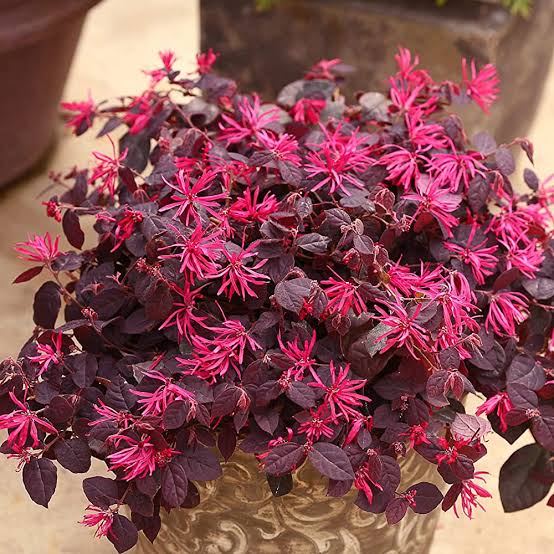
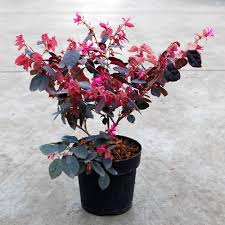


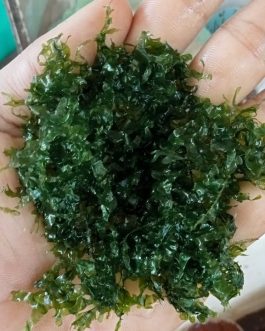

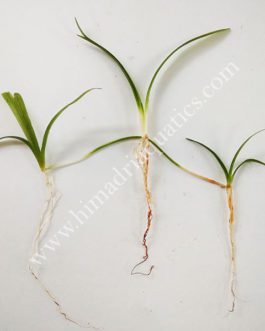

Reviews
There are no reviews yet.